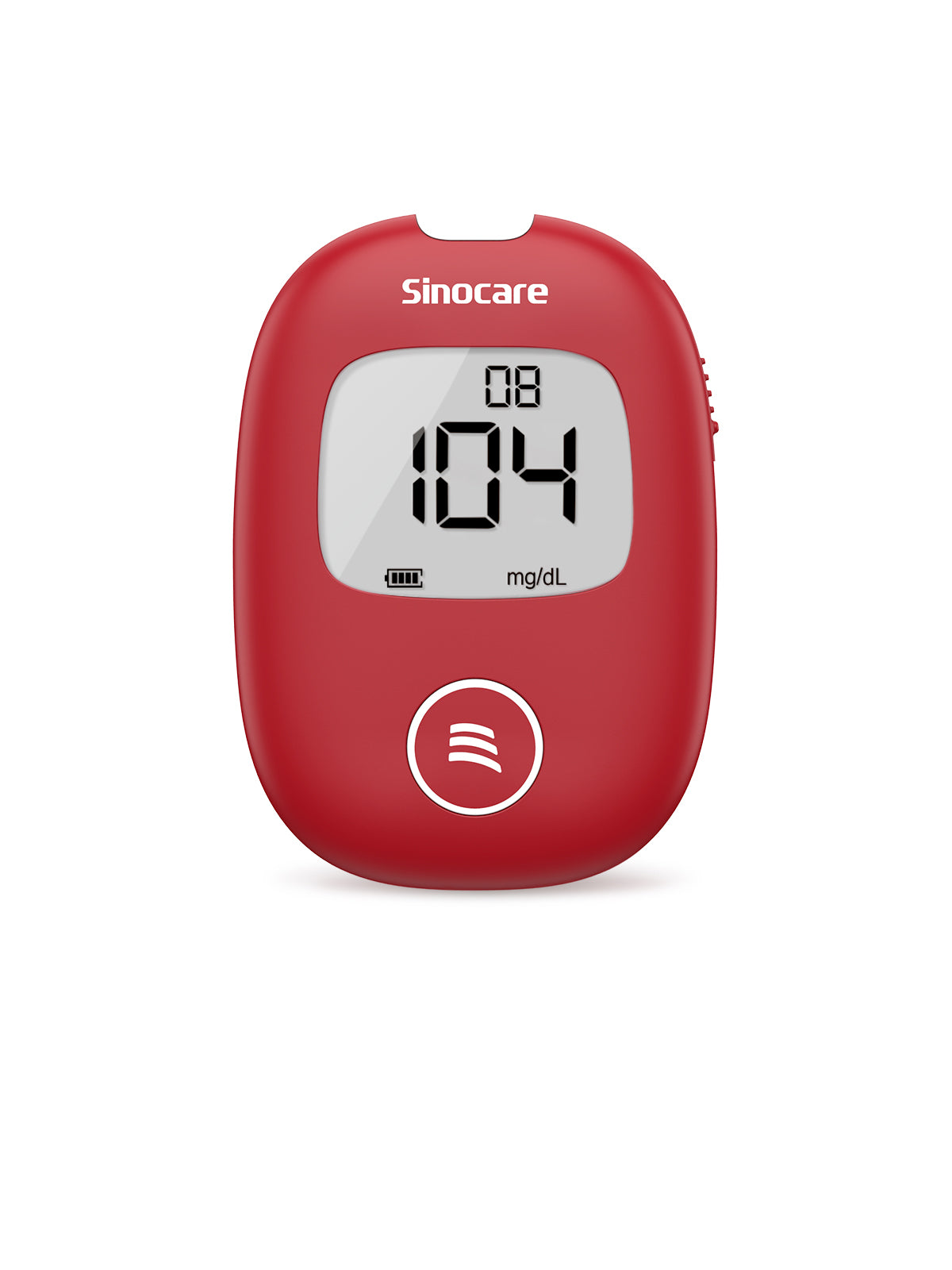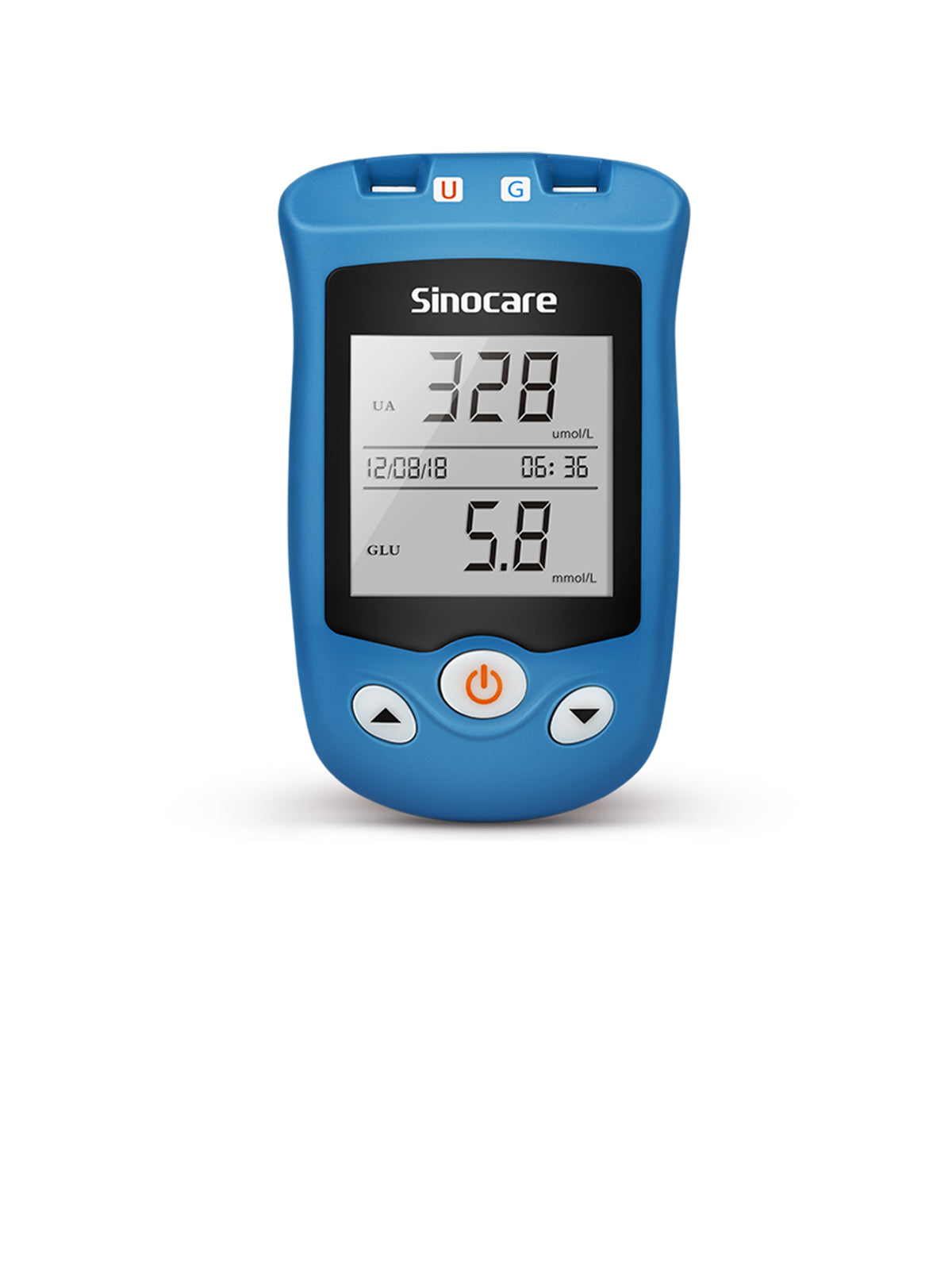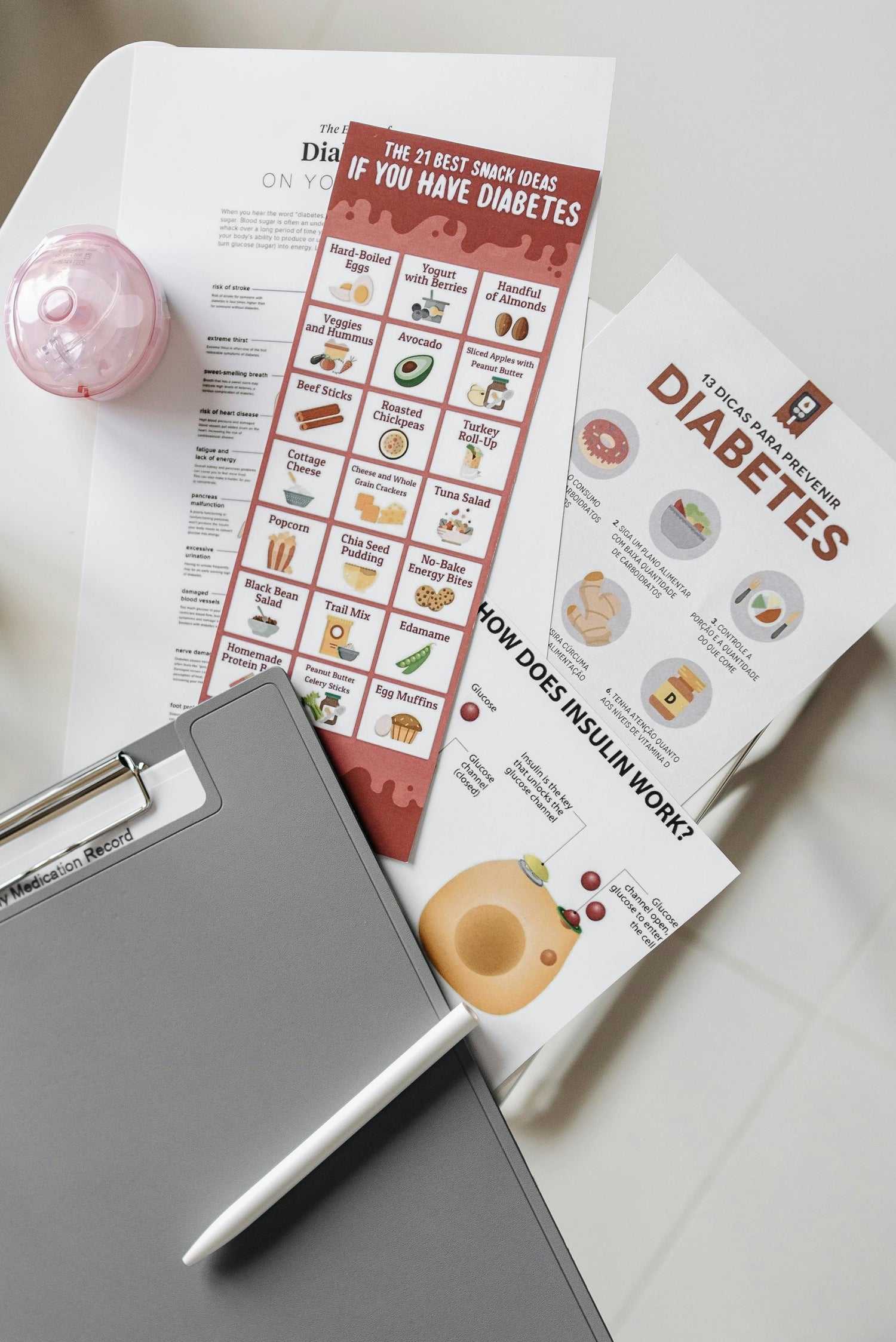Diabetes is a chronic condition that requires careful management to prevent complications. As the disease progresses, it's vital to pay attention to certain signs that indicate worsening health. Here are six warning signals that individuals with diabetes should be aware of:

Hemoglobin A1c (HbA1c) level greater than 7%
HbA1c reflects the average blood sugar level over the past 2-3 months and serves as a measure to assess recent blood sugar control. If a diabetic patient's HbA1c level decreases by 1%, the risk of severe complications affecting the eyes, kidneys, and nervous system decreases by 25%. The closer the HbA1c value is to the target range, the lower the risk of complications.
If the HbA1c level exceeds 7%, it indicates poor blood sugar control. In such cases, it's essential to strengthen blood sugar management by paying close attention to diet, exercise, and adjusting treatment plans under the guidance of a doctor.
Long-term poor blood sugar control can lead to various chronic complications such as diabetic nephropathy, arteriosclerosis, cataracts, and others. Therefore, when the HbA1c level is >7%, it's crucial to undergo thorough checks to assess blood sugar control.
Blurred vision
Some diabetic patients may wonder why high blood sugar affects eye conditions. Prolonged elevation or fluctuations in blood sugar can lead to retinal changes. Diabetic retinopathy cannot be cured once it occurs, making early detection and treatment crucial if blurred vision occurs.\

Abnormal diarrhea and bloating
Long-term high blood sugar can cause gastrointestinal neuropathy, leading to conditions such as constipation, abnormal diarrhea, and bloating. These gastrointestinal issues can make blood sugar control more challenging and affect quality of life. Therefore, if abnormal gastrointestinal problems frequently occur, early medical examination is recommended, considering the impact of diabetes.

Lower limb edema
Long-term high blood sugar can also damage the kidneys, leading to abnormal fluid excretion and retention in the body, resulting in edema. To determine edema in daily life, pressing the skin with fingers downwards can help; if the skin does not rebound and a depression appears, it indicates edema. If severe lower limb edema occurs, diabetic patients should promptly visit the hospital for comprehensive checks to identify the cause and undergo active treatment.
Increased difficulty in walking
Some diabetic patients with long disease durations may find that their walking pace slows down, sometimes unable to walk in a straight line. If walking distance shortens frequently and is accompanied by lower limb pain, it may indicate arterial lesions in the lower limbs. In severe cases, diabetic foot can occur, leading to foot necrosis or even amputation. Therefore, diabetic patients experiencing such symptoms should undergo relevant examinations at the hospital promptly.
Difficult-to-heal skin wounds
Diabetic patients should actively manage wounds as they can heal slowly due to the impact of high blood sugar. Long-term high blood sugar increases the risk of infection and affects lower limb blood circulation. Especially in the lower leg and ankle areas where local blood supply is inadequate, wounds become difficult to heal. If diabetic patients experience symptoms of wounds not healing, they must seek medical attention and actively undergo treatment to prevent worsening of the wound.
Final thoughts
In conclusion, monitoring key indicators such as HbA1c levels, along with being vigilant for warning signs like blurred vision, gastrointestinal issues, edema, mobility difficulties, and slow wound healing, is crucial for individuals managing diabetes. These signals not only indicate the need for immediate attention to blood sugar control but also serve as early warnings to prevent or minimize the risk of severe complications.










Dejar un comentario
Todos los comentarios se revisan antes de su publicación.
Este sitio está protegido por hCaptcha y se aplican la Política de privacidad de hCaptcha y los Términos del servicio.